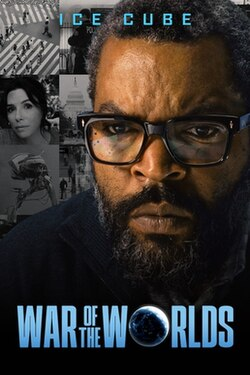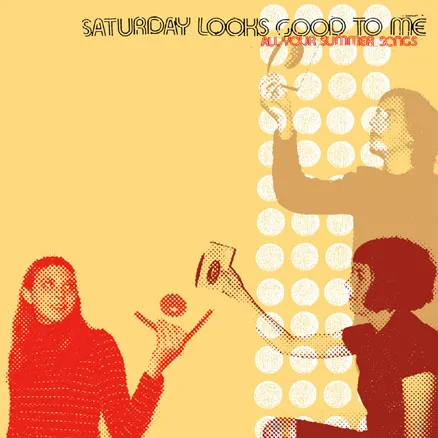
The much-anticipated sci-fi film The Electric State, directed by the visionary Joe and Anthony Russo, is a dystopian adventure that explores a world where technology, humanity, and isolation collide. Based on the graphic novel by Simon Stalenhag, the film stars Millie Bobby Brown as Michelle, a young woman navigating a decayed, post-apocalyptic America, accompanied by a sentient robot and a series of haunting memories. Despite its captivating visuals and high-concept premise, The Electric State struggles to find its emotional core, leaving audiences in awe of its aesthetic but unsure of its deeper significance. With only a 15% rating on Rotten Tomatoes, this movie was what I was looking for in the realm of comedy/corny. My rating for this movie would be at least a 60%.
Set in an alternate 1990s, The Electric State introduces a bleak, futuristic world where society is crumbling, and the lines between humanity and technology are blurred. Following an unspecified cataclysmic event, Michelle (Millie Bobby Brown) embarks on a lonely journey across the country in search of her missing brother. Along the way, she is accompanied by an AI-powered robot and a series of cryptic memories that serve as fragments of a once-thriving society.
The film takes place in a world ravaged by advanced technology, where enormous, abandoned cities and sprawling highways are left in the wake of a societal collapse. The film’s retro-futuristic aesthetic, which evokes a nostalgic 90s vibe, is one of its strongest assets. The haunting imagery of towering machines, digital billboards flickering in the distance, and a world painted in muted grays and purples creates an atmosphere that is at once mesmerizing and disorienting.
Millie Bobby Brown’s portrayal of Michelle is understated yet compelling. Known for her breakout role as Eleven in Stranger Things, Brown brings a sense of quiet resilience to her character. Michelle’s emotional depth is evident, particularly in scenes where she grapples with the loss of her brother and the impact of the world around her. Brown’s performance is not without its limitations, though—her character’s stoic nature occasionally comes across as detached, making it difficult for audiences to fully connect with her journey.
Visually, The Electric State is nothing short of stunning. The Russos and their creative team have crafted a world that feels alien and familiar, utilizing CGI and practical effects to create a sense of desolation and melancholy. From the giant, deteriorating robots that populate the wasteland to the eerie glow of artificial lighting reflecting off crumbling buildings, every frame is meticulously designed to evoke a sense of sadness and awe. At the same time, The Electric State may resonate with fans of dystopian sci-fi, it ultimately feels like a missed opportunity—an impressive world that fails to make a lasting emotional impact.





